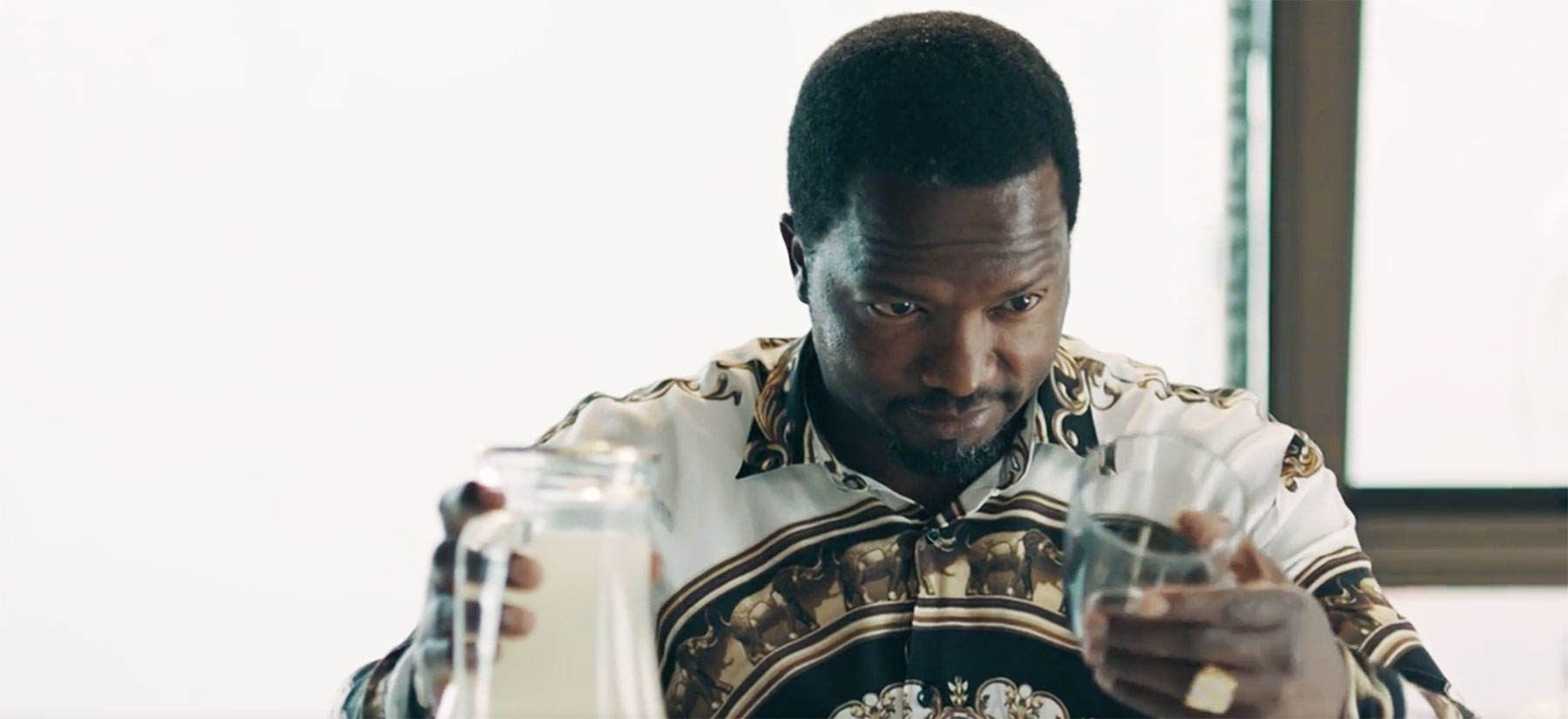The Root of Toxic Masculinity
News
22/02/2019

“This is how toxic it had become — it was in my blood. My muscle memory. My daily habits had all revolved around one thing…getting what I wanted, confirmation of me as a man through those old, toxic ways. It’s work that I must keep doing, every day, to find my worth and confirmation in new ways.” Psychology Today
What is Toxic Masculinity and what causes it? Toxic Masculinity has nothing to do with biology, but is instead a term used to describe the negative ways in which our societies think about masculinity. It is a form of gendered behaviour, which tells us that men should be powerful, wealthy and have status. It tells us that men are more powerful than women, and that other men who do not conform to these masculine ‘ideals’ are ‘weak’.
It is this belief in male entitlement and dominance that can cause toxic behaviours to seep into a man’s life. He might become violent, manipulative, misogynistic; and those close to a toxic man can be reduced to his commodities. Women, in particular, are often the victims of toxic masculinity.
The toxic male’s belief in male superiority manifests in a feeling of entitlement to a women’s body, and causes him to exert physical control over women. In South Africa, intimate partner violence is the most common form of Gender-Based Violence, and 56% of all women murdered were killed by an intimate male partner.

Toxic masculinity often finds its roots in the home. Take a look at Sol’s character in MTV Shuga: Down South 2. Sol’s Dad, Mthunzi, displays the traits of toxic masculinity. He has wealth and power, but shows no affection to his family and is cruel to his wife, Amahle, taking out his frustrations on her. Growing up, Sol has learnt the same toxic behaviours from his Dad, causing him to feel entitled to rape Tsholo in Series 1, and threaten Khensani in Series 2.
But women are not the only victims of toxic masculinity. Toxic Masculinity tells us that only one form of masculinity is acceptable and that other ways of living are ‘weak’. It tells us that men can’t cry or show emotions. Men can’t be told what to do by a woman. Men can’t wear pink, or wear expressive clothes and jewellery. Men who do not conform to these ideals suffer bullying, abuse, and are made to feel emasculated.
Sol is a bad person, and the crimes that he has committed are wrong and must be punished, but is he also the victim of a toxic masculinity which forces him to hide his emotions and act in certain ways? The crimes committed by toxic men need to be punished, but it is only by understanding the roots of toxic masculinity that we can attempt to prevent it.
Conversation on this issue is important. Join the discussion using #MTVShugaDS.







comments
Log In or register to comment